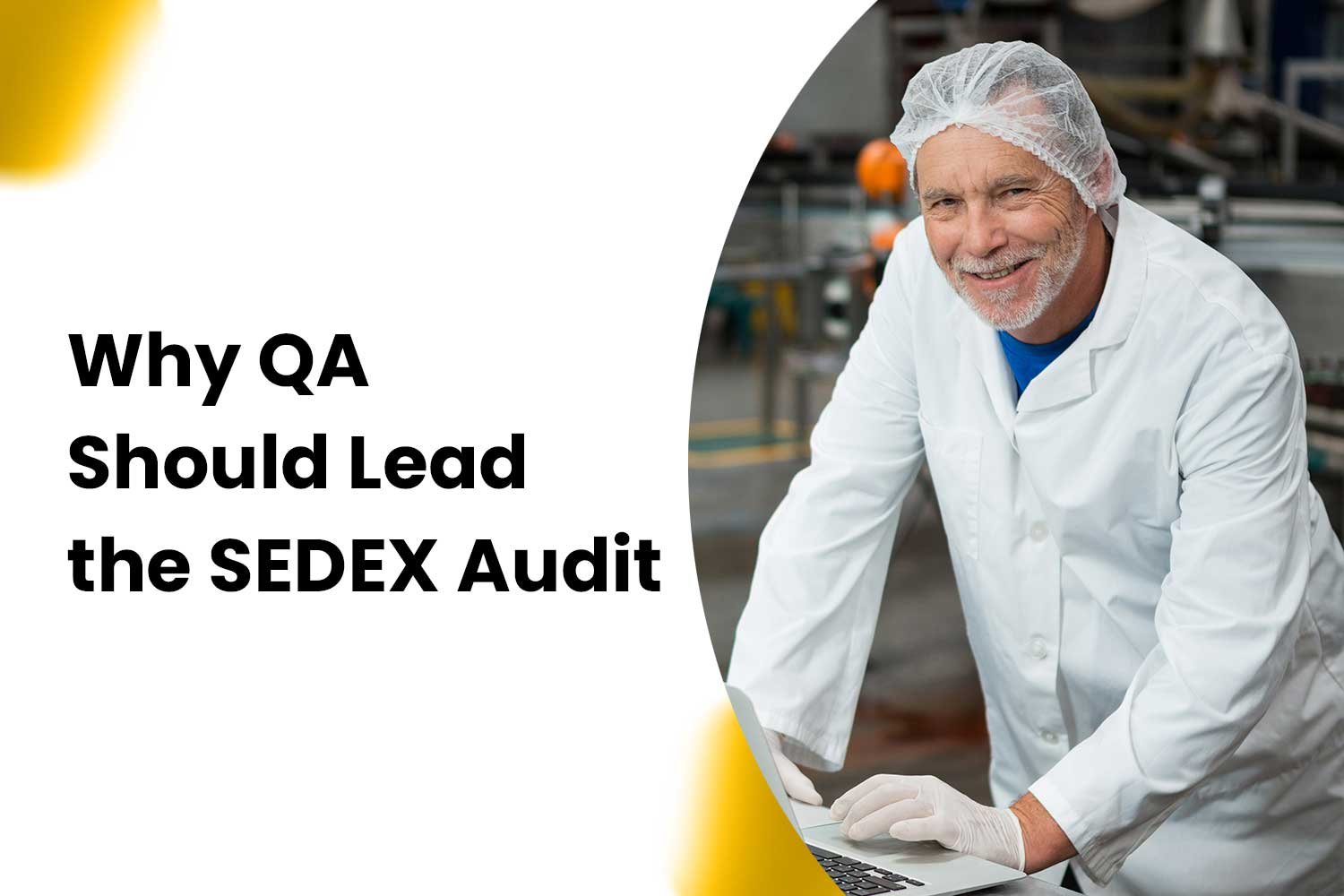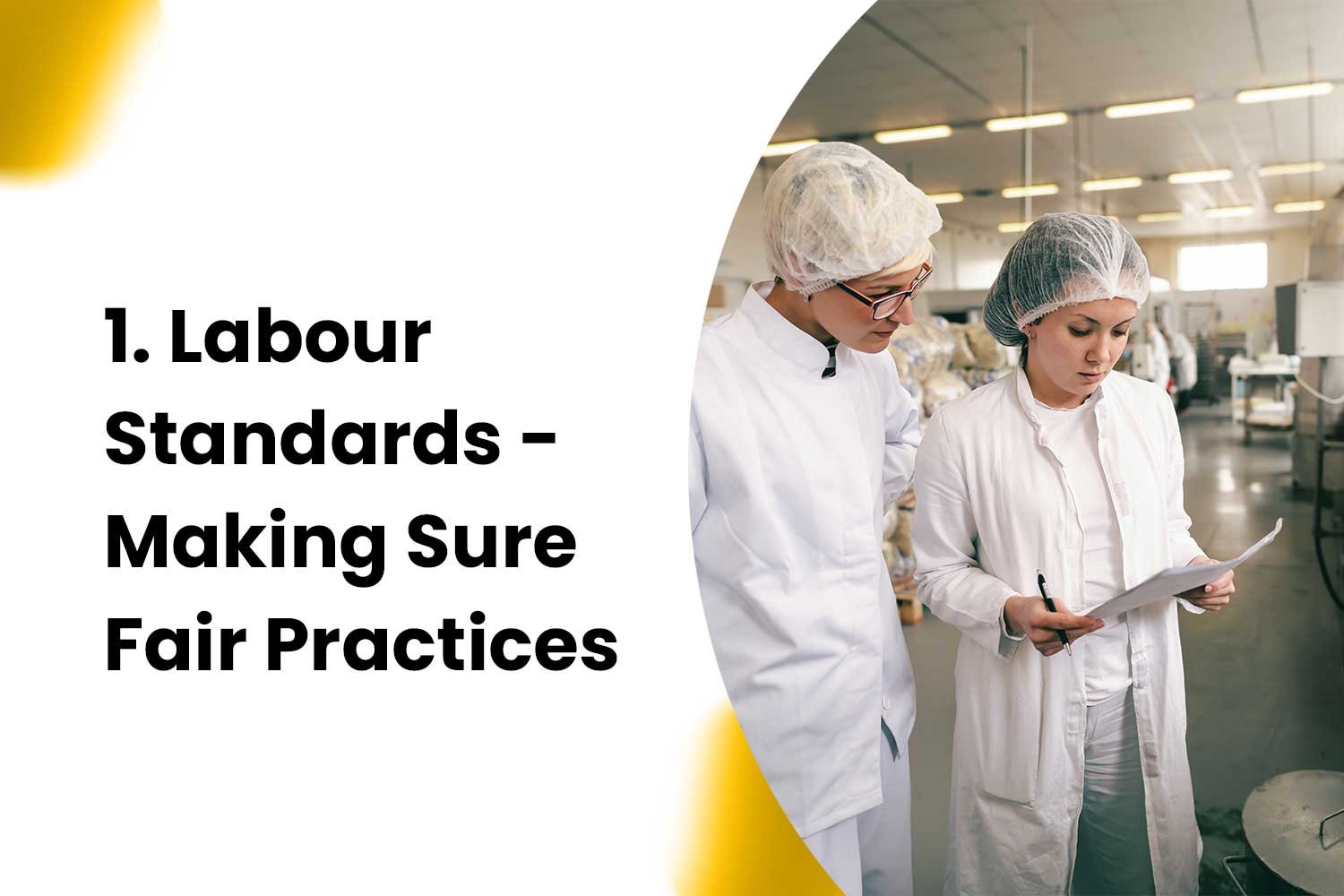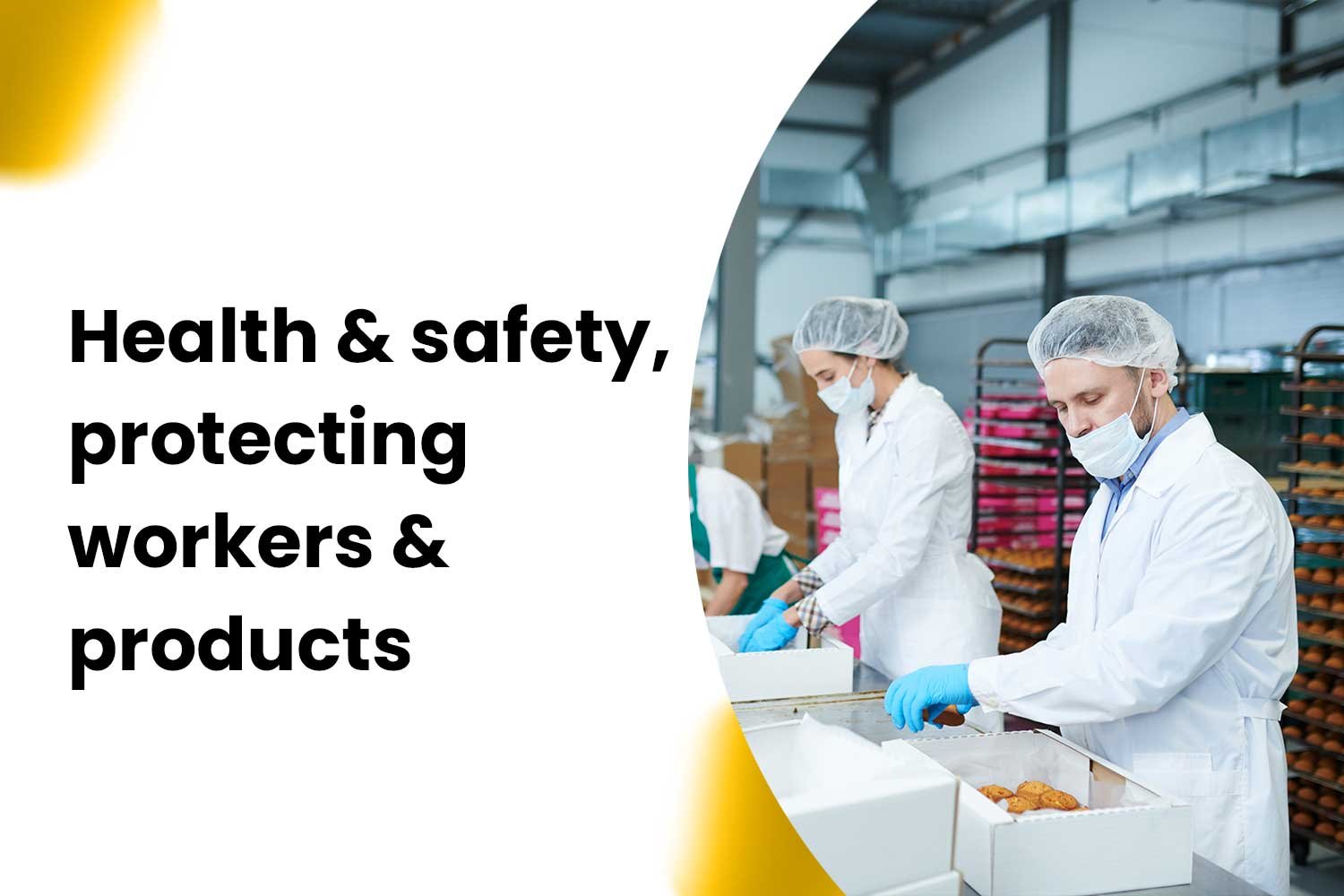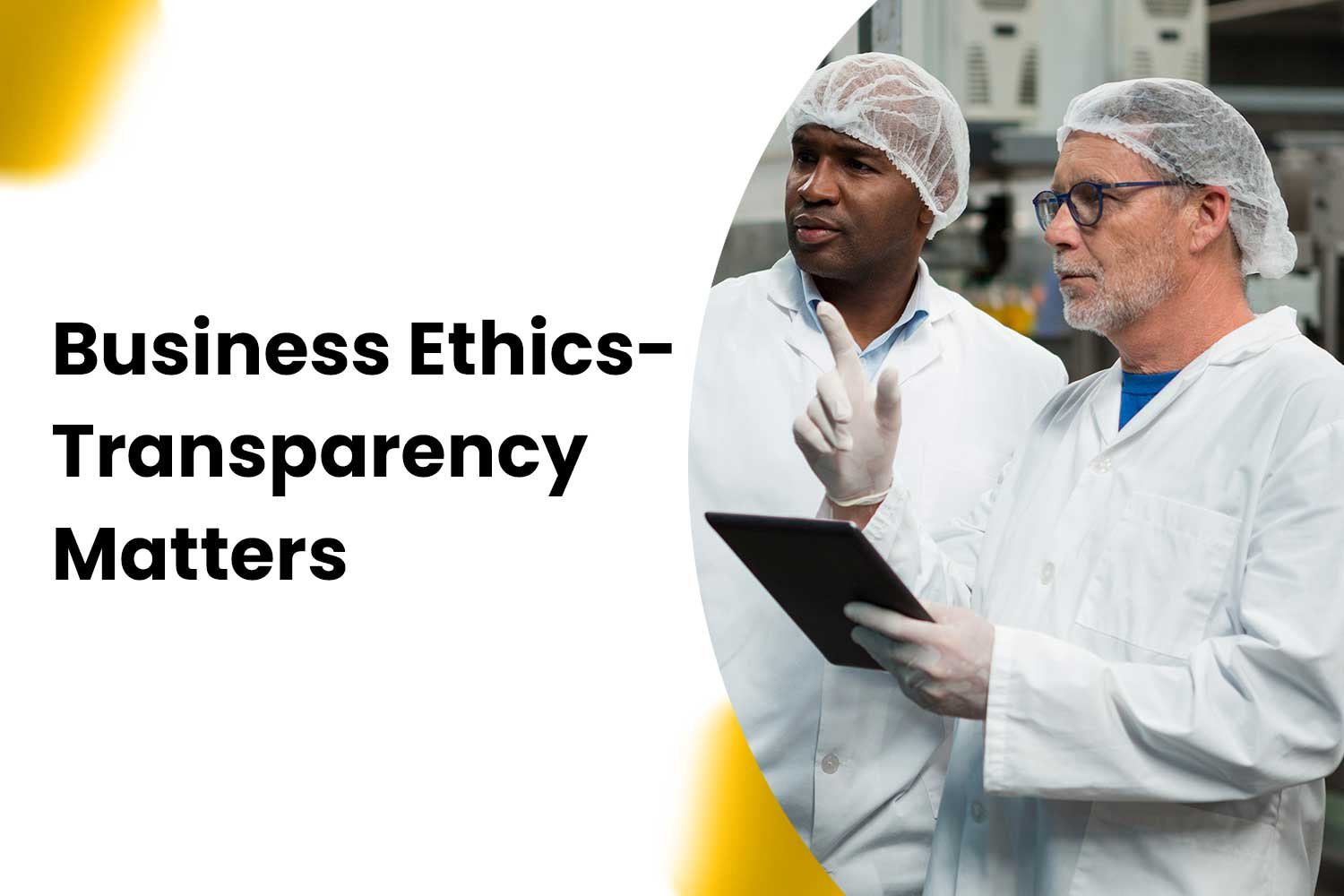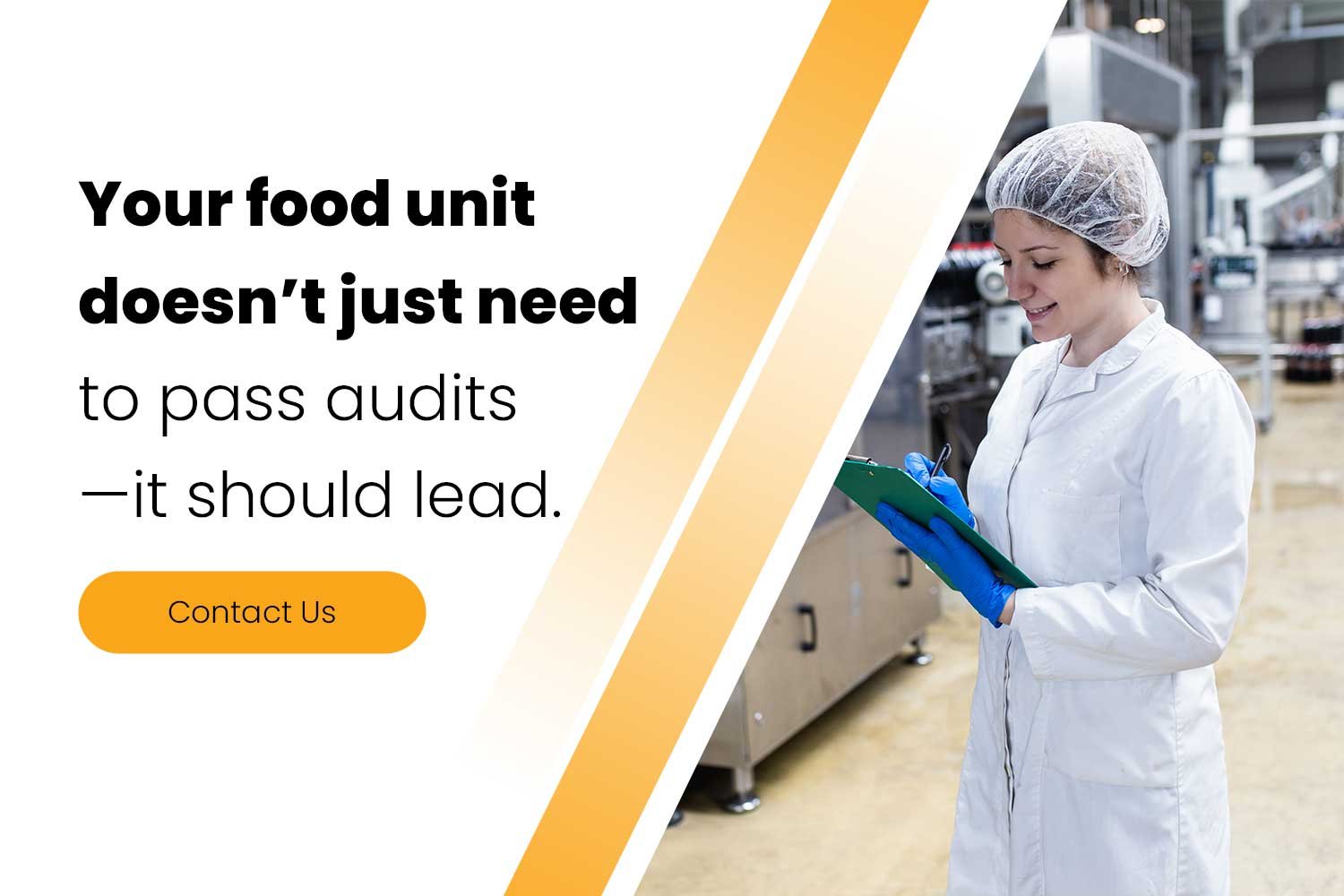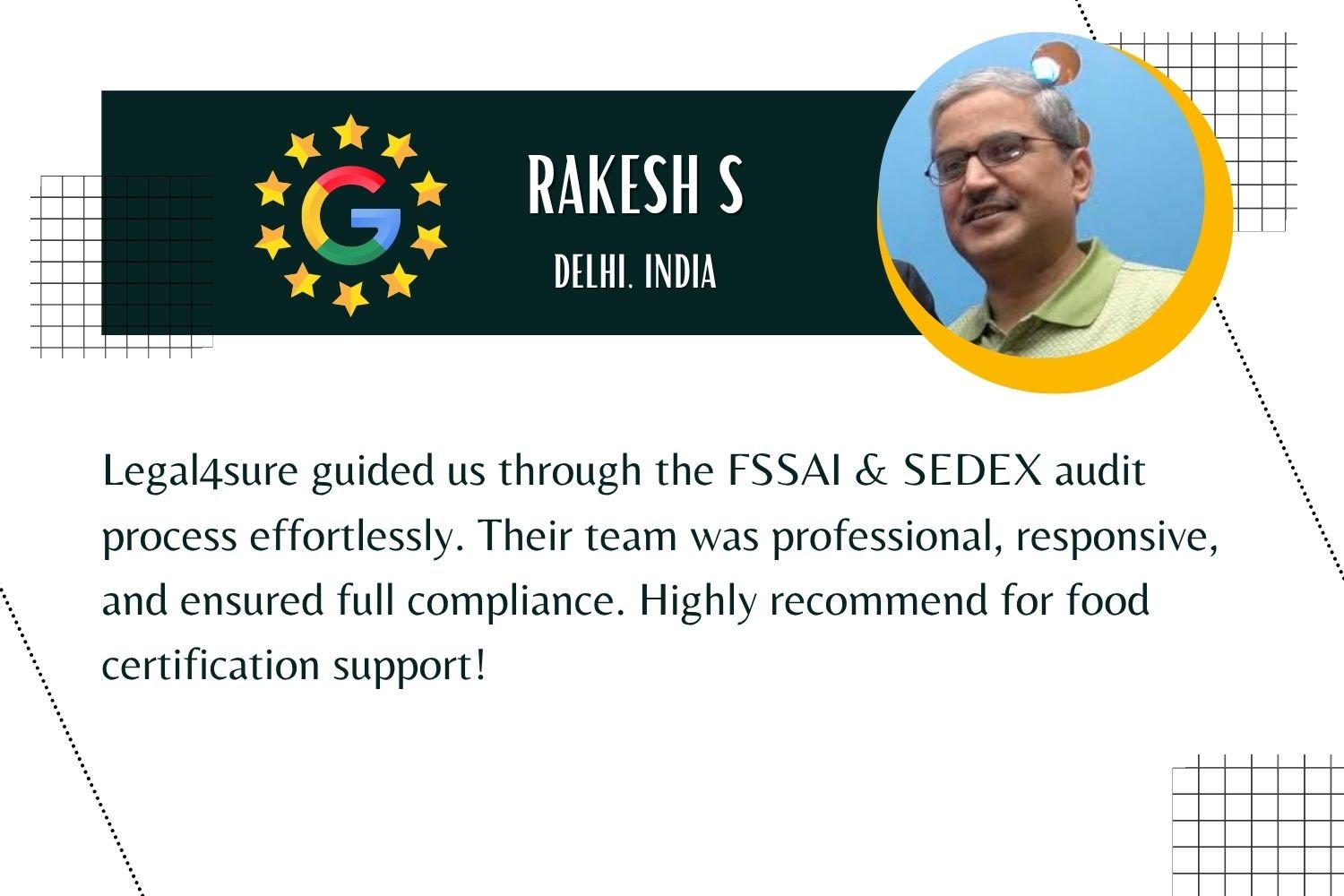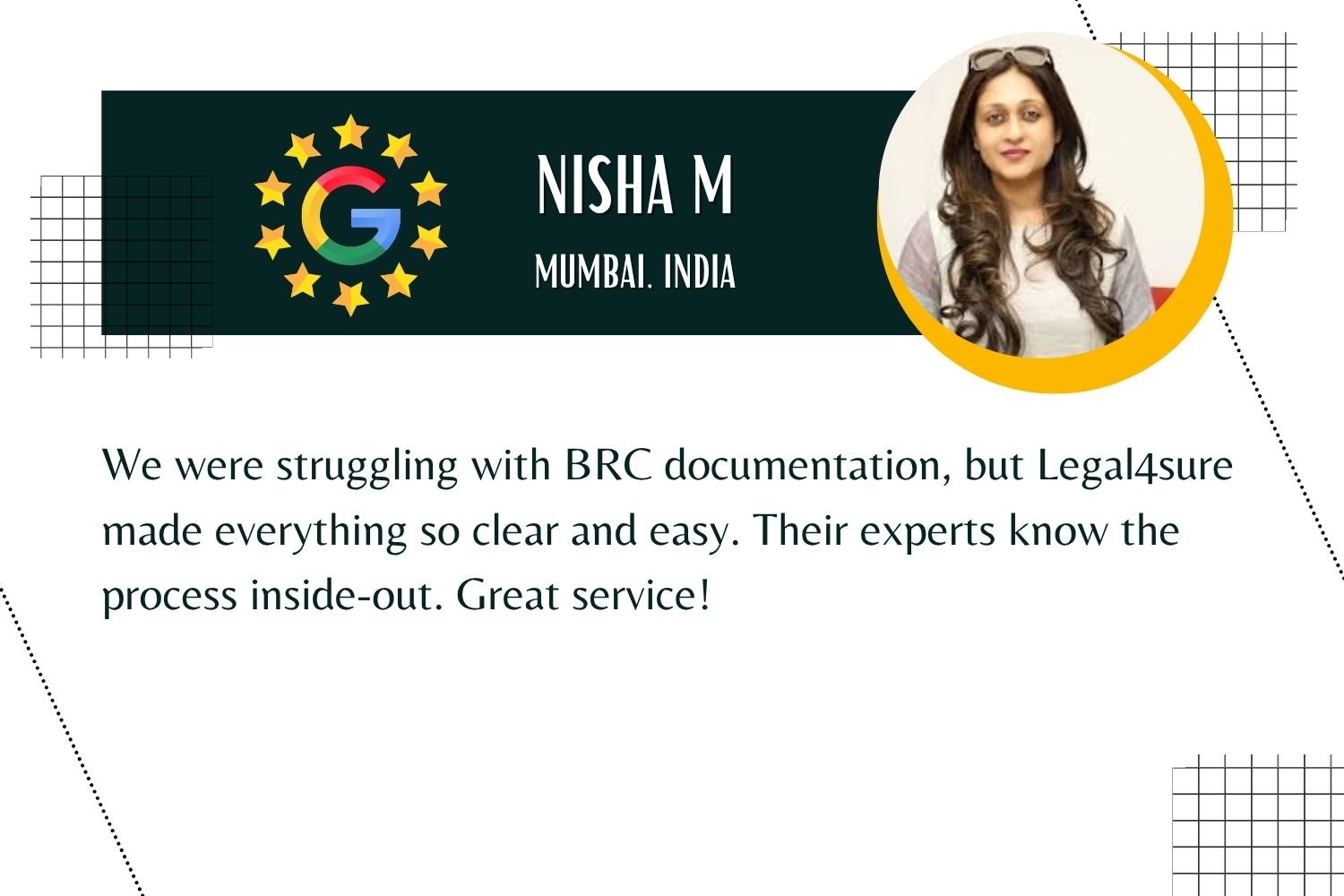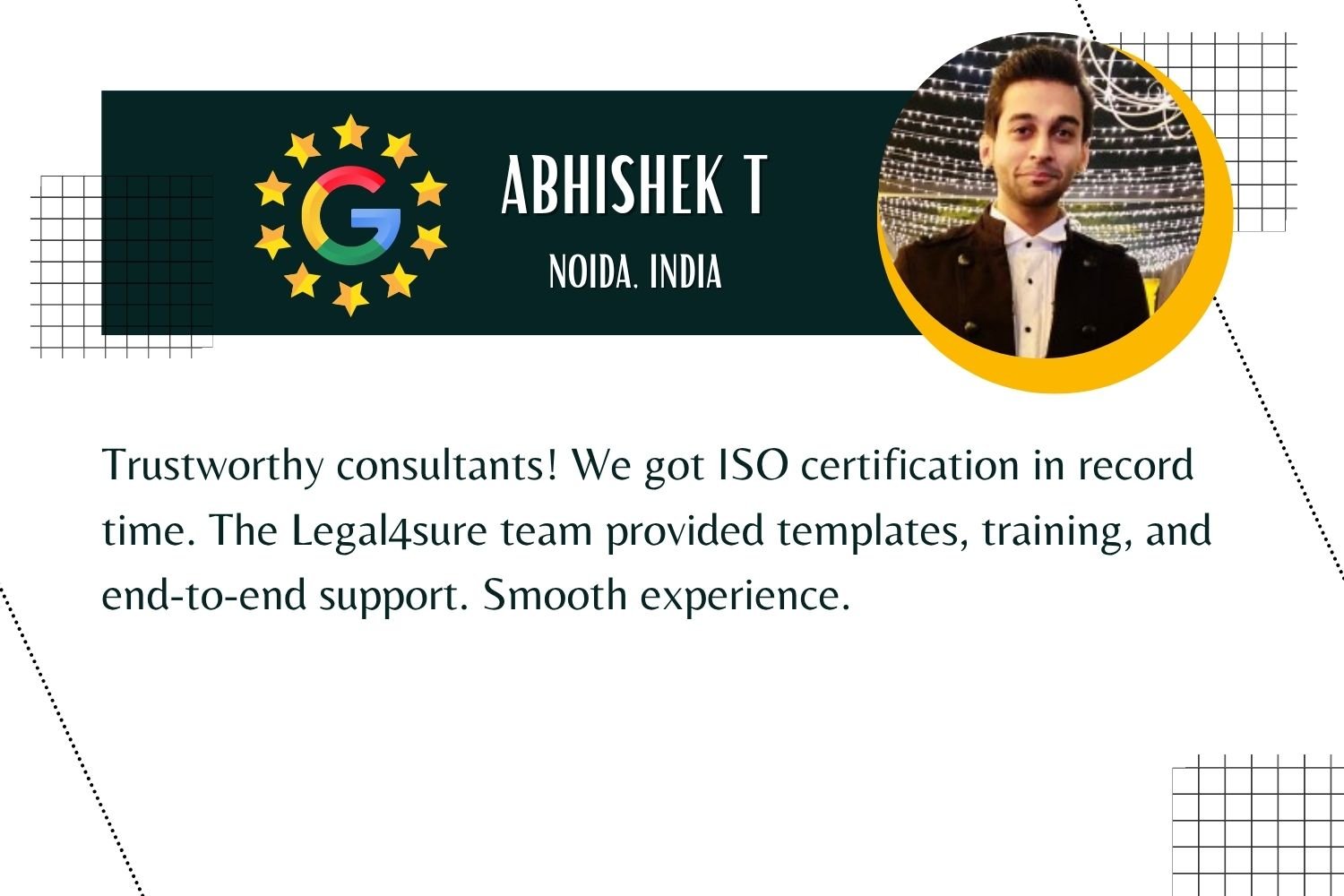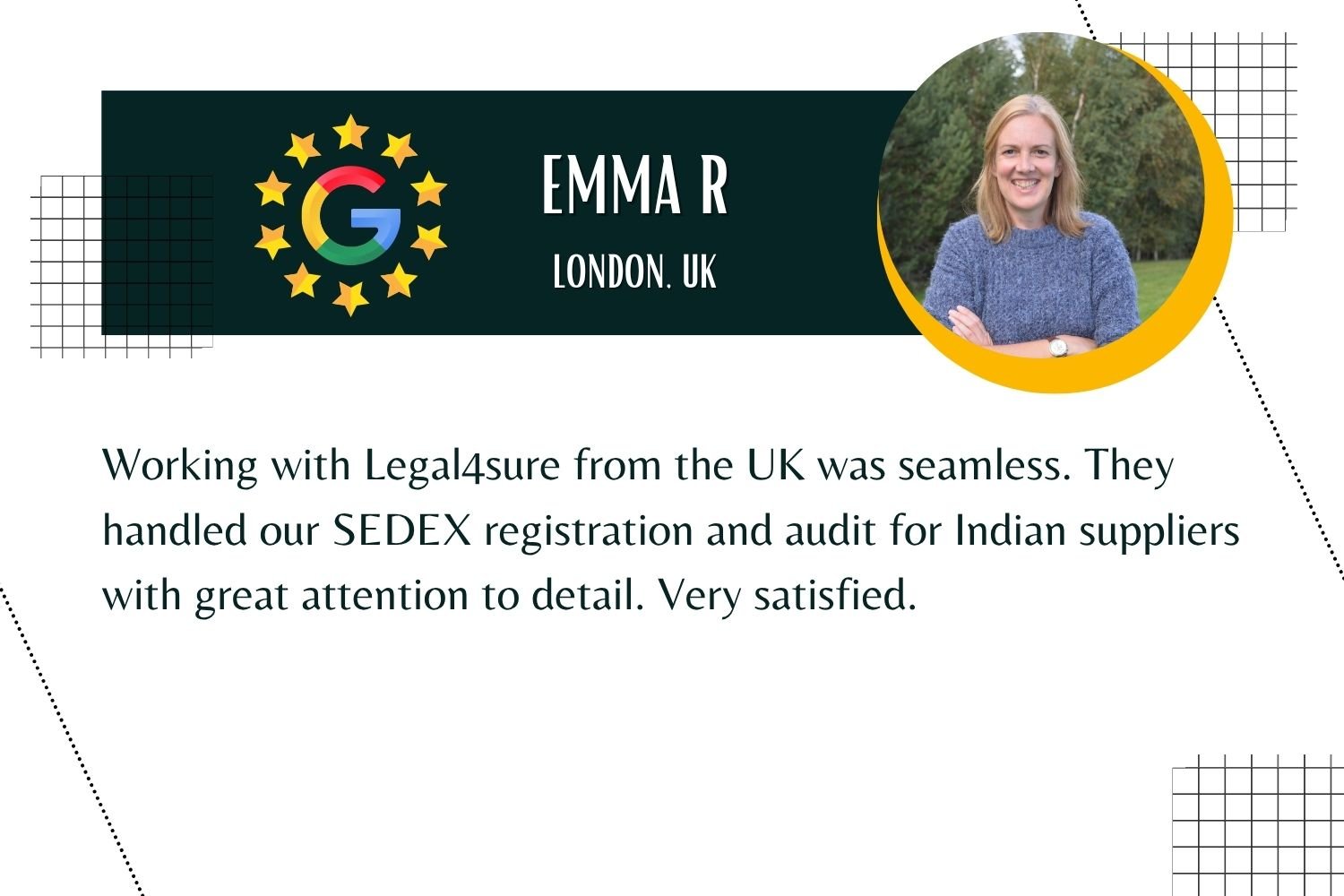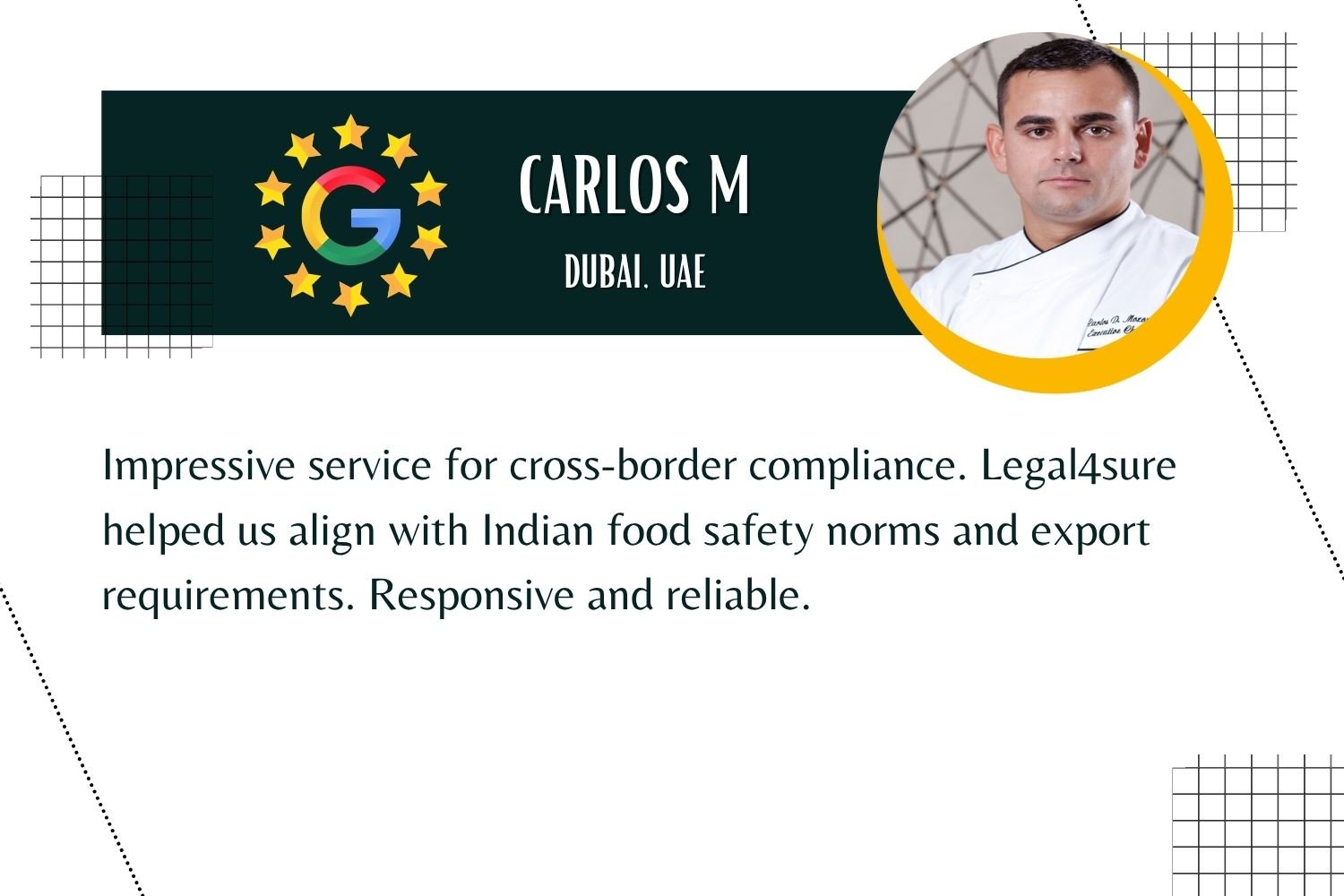In the food production industry, your Quality Assurance (QA) team is more than just in charge of ensuring the safety of your products; they are also in charge of maintaining ethical and compliant operations. A SEDEX audit for food processing units brings your QA staff to the forefront, ensuring your company meets international ethical trade standards while maintaining the highest levels of food safety. QA professionals need to comprehend the SEDEX audit requirements. Passing an inspection is only one aspect of creating a trustworthy, ethical, and sustainable supply chain.
This guide will walk your QA staff through all they need, the SEDEX audit for food processing units, as well as how to address SEDEX non-conformities in the food sector.
Why QA Should Lead the SEDEX Audit
QA teams are inherently detail-oriented, and they are ideal for leading the process of SEDEX Audit for Food Processing Units
The reason is as follows:
- They Understand Compliance: QA teams already manage food safety systems (HACCP, FSSC 22000), thus ethical compliance is a logical extension.
- They Are Process Experts: QA professionals are skilled at implementing and monitoring improvements, from documentation to corrective measures.
- They lessen hazards: A robust QA team identifies gaps before they lead to audit errors.
Your QA staff makes sure that labour standards, environmental compliance, and business ethics are consistent with the SEDEX Audit for Food Processing Units.
SMETA 4 Pillar Audit QA Checklist
The SMETA audit looks at four important aspects, all of which should be carefully monitored by your QA staff. The connection between them and the SEDEX Audit for Food Processing Units is as follows:
1. Labour Standards – Making Sure Fair Practices
Your QA staff has to confirm the following:
- Pay and hours of work, Proper payroll records, and no excessive overtime.
- Age verification methods are used during hiring to ensure that no children or workers are compelled to work.
- Fair treatment for every employee through anti-discrimination policies.
Advice for QA: To be sure that employee records are correct, cross-check them with HR.
Health & safety, protecting workers & products
Given the significance of SEDEX Audit for Food Processing Units, QA should make certain that:
- Hygiene procedures – PPE use, pest management, and sanitation schedules.
- Proper chemical and equipment handling is covered in worker training.
- Emergency preparedness: evacuation drills, first aid kits, fire exits.
Advice for QA: Before the formal SEDEX visit, perform a mock safety audit to find deficiencies.
Environmental compliance – Sustainable Operations
QA teams should keep track of:
- Waste management – the appropriate disposal of packaging, food waste, and chemicals.
- Energy and water efficiency lowers environmental effects.
- Pollution control: wastewater treatment, air emissions.
Advice for QA: Keep a waste log and track monthly utility usage.
Business Ethics- Transparency Matters
QA must assist in enforcing:
- Anti-bribery regulations: no immoral dealings with suppliers.
- Proper record-keeping: no fraudulent paperwork.
- Whistleblower protection: secure channels for employees to report wrongdoing.
Advice on QA: Make sure that all financial and operational data are audit-ready by working with management.
Common SEDEX Non-Conformities and QA Fixes
Even the best-run facilities can receive audit findings. The methods listed below may be used by your QA team to prevent and fix them:
- Incomplete Records of Employees
Work with HR to make sure that all employee records are complete.
- Bad Hygiene Practices
Improve cleaning schedules and educate workers about hygiene procedures.
- Risky Work Environment
Update safety procedures and conduct a risk assessment.
- Infractions of environmental laws
Monitor adherence to waste disposal agreements.
Pro Tip: Have your QA staff use SMETA checklists to conduct an internal evaluation before the audit.
QA Team’s SEDEX Audit Prep Guide
- Know SMETA’s Four Pillars – Labour, Safety, Environment, Ethics.
- Gap Analysis – Compare existing practices against SEDEX requirements.
- Educate Staff – Make sure everyone is aware of their part in adhering to regulations.
- Arrange Documents – Maintain policies, permits, and logs in a way that is audit-ready.
- Mock Audit – To identify any last-minute problems, replicate the actual audit.
Why SEDEX Matters to QA Teams
A SEDEX audit is more than just another certificate for QA experts; it demonstrates that your business is run ethically. Your QA team can achieve labor standards SEDEX Audit for Food Processing Units, environmental compliance, and ethical sourcing if they master them.
- Retailers favour suppliers who have a reputation for ethical behaviour since it fosters confidence among customers.
- Minimises risk, fewer compliance problems equals fewer disruptions.
- Enhances brand reputation. Consumers expect transparency.
Final Advice for QA Teams
Take the lead with assurance! You are the ideal group to lead SEDEX compliance because of your proficiency in process control and food safety. Start early, involve all departments, and treat the audit as an opportunity to enhance your processes.
Thinking about getting ready? To make sure nothing is overlooked, think about providing SEDEX-specific training for your QA staff.
By taking ownership of the SEDEX audit, your QA team not only ensures compliance with the SEDEX Audit for Food Processing Units but also strengthens the integrity and transparency of your entire supply chain.By taking ownership of the SEDEX audit, your QA team not only ensures compliance for food processing units but also strengthens the integrity and transparency of your entire supply chain.
Your food unit doesn’t just need to pass audits—it should lead
Don’t try to only get through inspections; instead, make your food processing plant the standard for quality. Ethical sourcing, safety, and transparency are now necessities rather than mere expectations in today’s cutthroat industry.
We assist QA teams in going beyond simple compliance to genuinely lead in SEDEX standards at Legal4sure. We provide you with all the resources you need for a seamless, successful audit, from documentation to worker well-being procedures.
Let’s collaborate to develop your moral advantage and win the confidence of international customers.


